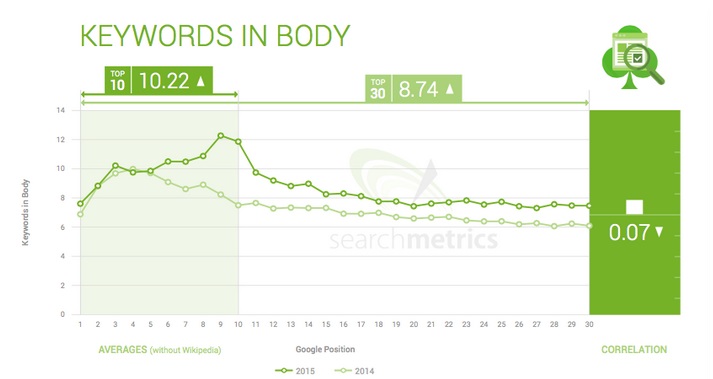At Xcite we were very interested in the findings of a new report by Searchmetrics about the key significance of content in Google search rankings. The Searchmetrics SEO and Content Marketing platform is a renowned expert in SEO marketing and analytics, Google optimisation, and content and social marketing. The findings of their latest annual “Ranking Factors Study” – though based on the US market – have some valuable insights for any digital marketing strategy.
Here is our summary of the five main recommendations of the report:
Keep them on the Page!
Your content needs to keep the reader on the page as long as possible as this boosts rankings. Hardly rocket science – yet so much content has precisely the opposite effect! The trick is to get the right balance between depth and readability.
Content needs to be sufficiently detailed to inform the user but also engaging enough to make them want to read to the end. Interestingly, the report found that users are increasingly prepared to commit to reading longer articles: the average word count of content featuring in the Top 10 results of a Google search is 1285, a 25% increase from last year. Short, it seems, is not always sweet!
Create a Satisfying User Experience
As well as your content being top notch, users needs to enjoy the whole experience surrounding it. Make sure that your page is well-structured and easy to navigate so that users won’t lose heart and look elsewhere.
Also remember to make the content mobile-friendly as more and more people will want to read it on tablet or smartphone devices. Remember our popular blog What the F*ck has Google done to my website?!? Google boosted the mobile search rankings of mobile-friendly pages – so make sure yours are!
Avoid Keyword Stuffing
Hooray! It’s official. Users have been noticing those horribly convoluted sentences that you just had to include to get that keyword in and guess what …. they don’t like them! Much better to focus on the content and make it interesting and relevant in itself and trying to understand the user’s intention as a whole.
This is bound to include some top keywords in a natural way anyway. But don’t feel you have jump through hoops to form sentences with keywords just for the sake of it. Users deserve better.
Don’t Focus on Backlinks
Another thing that discerning users find annoying is constant hyperlinks to other web pages that link to your posts. By all means include some particularly relevant links but unnatural link building will not score points with Google!
Be Social!
Social media is a great way both to share your content and to gauge its popularity. The more shares your content gets on social media, the more people it’s going to reach. But if nobody is ‘liking’ or sharing your content, this is a useful barometer to indicate that perhaps it isn’t relevant or interesting to your intended audience.
So. Do you think that these recommendations will help you to create better ranking content? They indicate the days of trying to play the system are coming to an end, and the new priority is about creating content that is both valuable and engaging. We’d be interested in your thoughts. We’d also love to feature you as a case study in future blogs if you do find improved search rankings as a result!
*Images courtesy of Econsultancy



